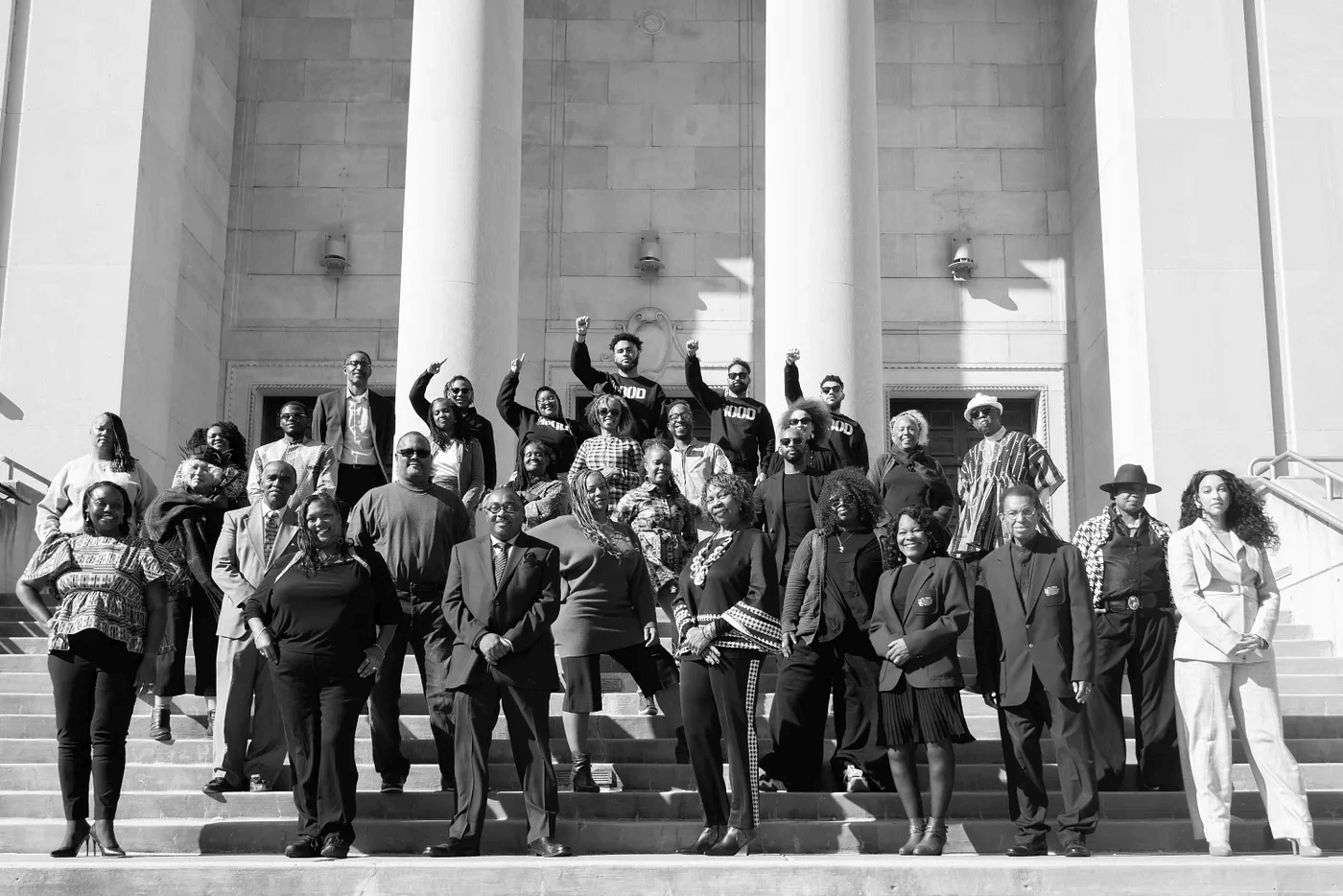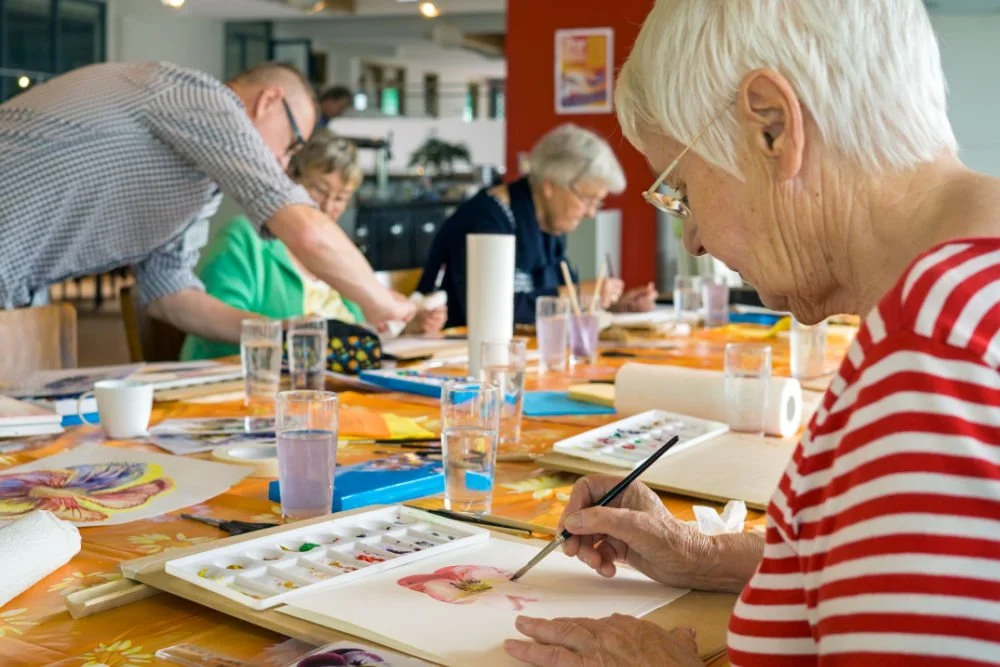"It Has A Kind of Freedom in It." In Turbulent Times, a Foundation Celebrates Experimental Artists
/Herb Alpert and his wife lani Hall with this year's winners of the Herb Alpert Award in the Arts.
In the world of arts philanthropy, definitions matter. One foundation's idea of "audience engagement," for example, may be quantifiable and metrics-driven, while another's may be more intuitive.
The same logic applies to the surging area of funding for "artists-activists." An ever-growing number of funders believe that artists should be vehicles for social change, but how does this change play out in practice?
For an illuminating definition of the role of the artist in turbulent political times, we turn the Santa Monica-based Herb Alpert Foundation, which, in collaboration with the California Institute of the Arts, announced the five recipients of the 2017 Herb Alpert Award in the Arts.
Now in its 23rd year, the Herb Alpert Award in the Arts has handed out a cumulative total of 115 prizes—more than $7 million—since it first launched in 1995. The award honors artists working in five fields: dance, music, theater, visual arts and film or video. Each winner—a mid-career artist producing important, experimental work—receives a $75,000 grant as part of the award.
We last looked at these awards in May of 2016. The "artist as activist" phenomenon was in full swing, but our analysis was devoid of any political context. The prize, we noted, was a way to encourage artists to take risks and honor the "exact moment" of artistic creation.
But then the election happened. Since then, its seems as if all philanthropy news, arts related or otherwise, must be viewed through this disruptive and harrowing lens. The announcement of this year's Herb Alpert Award winners is no exception.
In coverage of the awards, the Los Angeles Times notes that while winners may not be political in the traditional sense, that's precisely the point. Art needn't overtly call attention to a social injustice to inspire change. Creating boundary-pushing work can be a political act in and of itself.
One winner, visual artist Amy Franceschini, based in San Francisco, is a founder of Futurefarmers, a collective that works internationally to get people to reconsider their relationship with nature. The foundation cited her "brave, ethical, important cross-disciplinary work that grapples with critical issues of human survival."
Other winners address social issues, albeit somewhat subtly. Film/video winner Kenny Tribe, according to the foundation, exhibits a "fearlessness in rethinking and readdressing social issues" and an "ability to make surprising and moving connections, for her demanding, pleasurable, transformative, and accessible work."
"I think one of the things that has always been part of the Herb Alpert awards is an awareness of what has been going on in the world, but this time it felt more crucial," said awards director Irene Borger. “I think it’s interesting that everyone here is interested in making these artistic communities, even if those communities only last as long as a performance."
Unsurprisingly, the award's intuitive and instinctual approach reflects the ethos of its namesake. In a 2015 interview with Inside Philanthropy's David Callahan, Alpert, expounding on his philanthropic philosophy, said, "I don't know, man, it's all feel," and "I'm intrigued by the mystery of art. I love the creative process."
Borger echoes Alpert's sentiments. The awards support work that is "often more experimental and less commercial," she said. "It’s not about being lockstep with what everyone is doing. It has a kind of freedom in it."







































